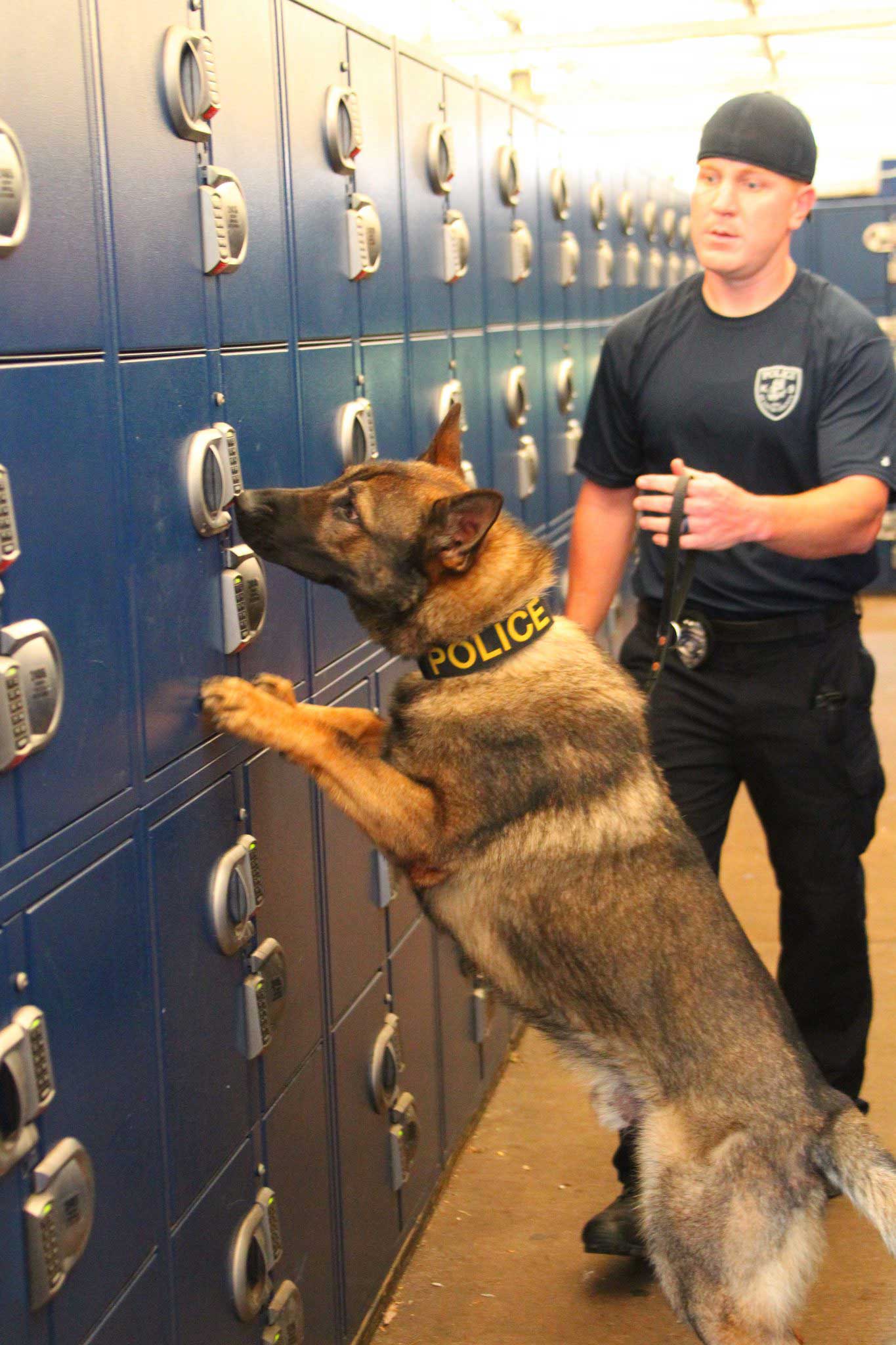Important Dog Educating Strategies for a Life Time of Great Habits
Efficient dog training is foundational to cultivating a mannerly companion that enriches our lives. Vital methods, such as favorable support and constant command training, not just enhance obedience but also enhance the bond in between proprietor and pet dog. Understanding canine actions and employing socialization methods can avoid potential concerns before they develop. The journey does not end with standard commands; addressing behavior challenges requires a nuanced method that many overlook. What are the essential aspects that can transform your training experience and make sure long-term outcomes?
Comprehending Dog Behavior

Additionally, understanding the natural reactions and drives of a dog-- such as target drive, social interactions, and territorial habits-- enables instructors to anticipate and take care of details behaviors. A canine with a strong target drive may need different methods than one that is extra socially inclined.
Furthermore, very early socializing and direct exposure to different settings considerably affect a pet dog's habits and temperament. Positive experiences during critical developmental periods can result in well-adjusted adult dogs, whereas adverse experiences may result in anxiety or aggression.
Favorable Support Methods
Among the different dog training methods, positive reinforcement approaches stick out for their efficiency and ability to enhance the bond between pet and fitness instructor (Ohana K9 Academy). This method emphasizes rewarding wanted habits rather than punishing undesirable ones, fostering an extra cooperative and relying on partnership
Positive support can take lots of kinds, including treats, praise, playthings, or play. The key is to provide prompt benefits when the pet dog exhibits the preferred behavior, enabling them to make the connection between the activity and the favorable outcome. As an example, if a dog remains on command, giving a reward right away enhances that behavior, making it more probable to be repeated.
Consistency is critical in positive support training. Fitness instructors should make use of the same hints and rewards to avoid confusing the pet. Additionally, varying the rewards can preserve the pet dog's rate of interest and inspiration, transitioning from regular deals with to periodic praise or play as the pet dog masters the behavior.

Fundamental Command Training
Building on the foundation developed through positive reinforcement methods, basic command training works as an important action in dig this creating an accommodating pet. This training commonly encompasses necessary commands such as "sit," "remain," "come," and "down - Ohana K9 Academy." Each command plays an essential function in promoting effective interaction between the dog and its proprietor, boosting the overall bond
To launch standard command training, pick a peaceful atmosphere devoid of distractions. Begin with brief, focused sessions lasting no even more than 5 to 10 minutes to maintain your canine's focus. Utilize high-value treats as benefits, guaranteeing the pet associates correct behavior with positive end results. When showing a command, make use of a clear, regular verbal sign come with by hand signals to strengthen understanding.
Patience is crucial; canines may require many reps to realize commands fully. Normal practice strengthens discovered commands, strengthening them in your dog's habits repertoire.
Socialization Methods
In the world of pet training, socializing strategies are necessary for growing a well-adjusted and positive canine buddy. Reliable socializing includes subjecting your pet to a range of settings, people, and various other animals in a controlled and positive manner. The key goal is to help your pet dog develop a comfort level with varied experiences, which can substantially reduce worry and anxiousness in strange situations.
Begin socialization during the crucial developing home window of 3 to 14 weeks, when pups are most receptive to new experiences. Present your pet dog to various setups, such as parks, metropolitan locations, and homes with other pets. Ensure these encounters are favorable by using treats and praise you can try this out to enhance etiquette.
Group training courses are an excellent way to subject your pet to various other dogs and people in a structured setting. This permits supervised communications, aiding your pet find out appropriate social signs. Normal outings click to find out more and playdates with courteous pets can additionally improve social abilities.
Addressing Behavioral Issues
Addressing behavior problems in pet dogs is an essential aspect of training that requires a systematic strategy and understanding of canine actions. Common problems such as barking, eating, hostility, and stress and anxiety can stem from numerous elements, consisting of absence of socializing, inadequate exercise, and even clinical worries.

Furthermore, establishing an organized regimen that includes routine exercise and mental stimulation can dramatically minimize behavior problems. Interactive toys can maintain a dog involved and minimize harmful propensities. In instances of extreme hostility or stress and anxiety, talking to an expert pet trainer or a vet behaviorist may be essential.
Conclusion
In conclusion, efficient pet training strategies, consisting of favorable support, standard command training, and socialization, are crucial for fostering excellent actions throughout a canine's life. Addressing behavior problems with a methodical method not just improves obedience however also reinforces the bond between dogs and their proprietors.